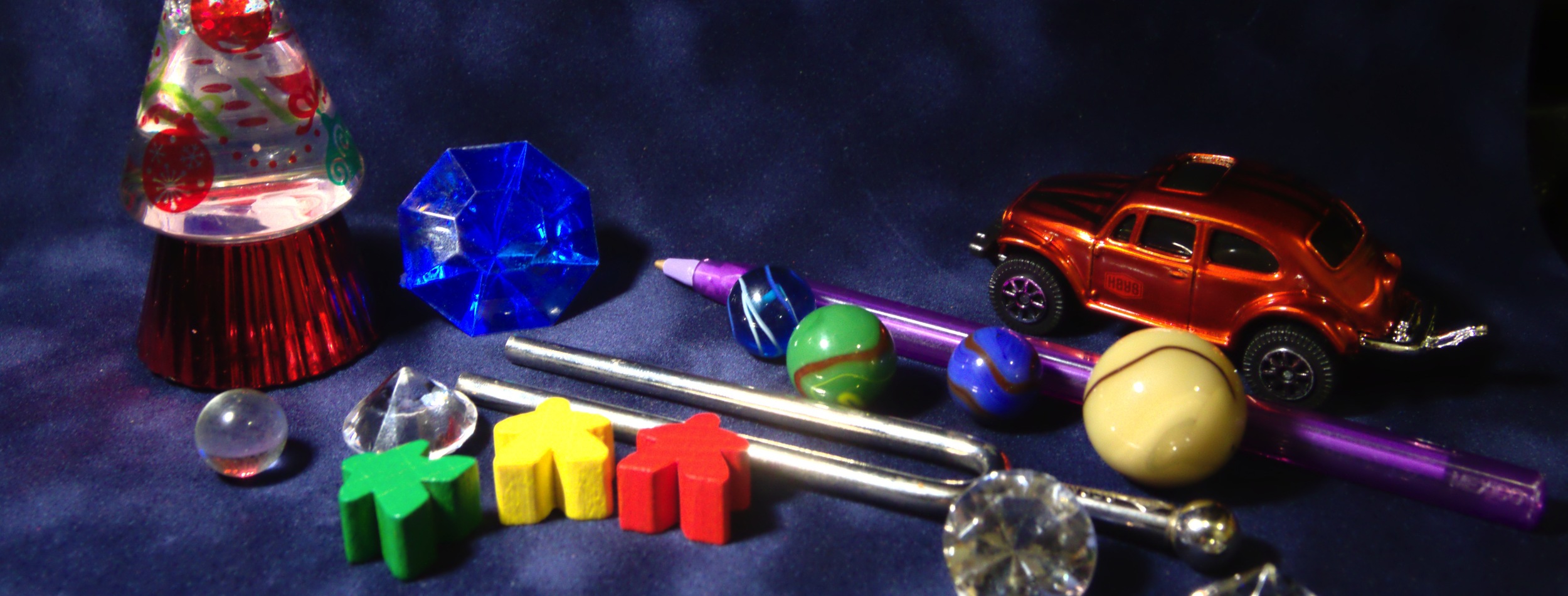Frequently Asked Questions
I want my children to have the experience of playing music but I’m worried that if it’s too serious they won’t like it. Can we just do it for fun?
The short answer is - ‘Of course, it should always be fun!’
I often encounter parents whose own traumatic experiences of piano lessons as children leave them seeking assurances that the lessons will not be too ‘strict’. The style of teaching they have in mind is very much out of date.
Good teaching ensures that practise never becomes a ‘chore’ - the mindless repetition familiar to some parents is incredibly counterproductive. With careful planning and clear instruction practise can be engaging and fun.
Educating students on how to practise is one of the overarching themes of piano lessons. There will always be some moderate investment of effort required - there are no miracle methods that produce instant results with zero practise - but it can be approached in a variety of different ways.
An advantage of taking lessons in a private setting as opposed to group lessons or at a large school is that the progress of each student can be more closely followed with the quantity and nature of the work being adjusted as needed.
Will I need an instrument?
One of the big obstacles confronting new students is the purchase of a new instrument.
Having an instrument is strongly encouraged. That said, students enrolled in the Beginner: First Steps program will still be able to benefit from many of the activities offered - orientation at the keyboard, ear training, reading and rhythm and families can invest in an instrument once they feel comfortable.
For the early years, an electric keyboard is sufficient. However, electric keyboards are limited in terms of what they allow students to do.
I have many years experience advising families on the purchase of instruments both acoustic and electric and can direct parents to an option that’s ideal for them.
My kids won’t like Classical Music, they’ll think it’s boring can they learn something else that’s more popular?
Sure. I am happy to have students play an eclectic mix of styles from Katy Perry to broadway show tunes. After a certain age, it is very much up to them to decide what they want to play.
For beginners, however, there is a certain amount of necessary groundwork that needs to be covered by certain pieces. That said, it is not always going to be Mozart or Beethoven - there are many stimulating alternatives.
Many schools make splashy claims about forgoing the ‘dullness’ of ‘classical’ music in favour of casting each student as the next prime-time superstar. My priority is providing students with the tools, skills and the autonomy that will free them, after having mastered the basics, to be able to play the music they like.... even if it’s Katy Perry.
Do I need to know a lot about music if I’m going to sit-in on the lessons?
No, not at all. Having a musical background obviously helps but it is by no means necessary.
Parental involvement is an integral part of my teaching philosophy. Piano lessons are a collaboration between the students, parents and the teacher. Things always work better with parents in the mix, whether the parents actively participate or are simply there to encourage their kids - students always do better with a parent in the room.

